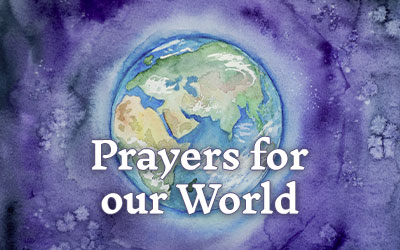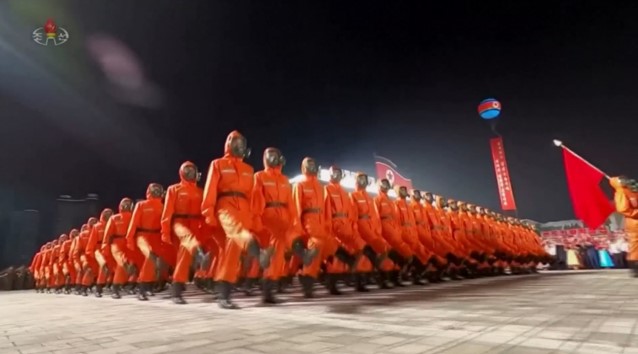North Korea: missile tests / covid 19 crisis

North Korea have test-fired what appears to be a short-range ballistic missile, marking the third round of such tests in September in direct violation of United Nations Security Council resolutions as the arms race in the Korean peninsula continues to escalate.
Earlier in September, North Korea conducted two ballistic missile tests including one that was launched from a train that is part of its “railway-borne missile regiment.”
In retaliation, South Korea successfully test-fired a submarine-launched ballistic missile, making it only the seventh country in the world to possess this advanced capability. The string of missile tests across the Korean peninsula this month are being seen as part of an escalating arms race between Seoul and Pyongyang as nuclear disarmament talks between North Korea and the United States remain stalled.
Washington and the Kim Jong-Un regime have not engaged in any formal talks since a summit between the North Korean leader and former U.S. President Donald Trump collapsed in 2019.
Experts say the missiles launched over the weekend resemble in appearance U.S. Tomahawk cruise missiles, and are likely designed to overwhelm the missile defences of North Korea's neighbours.
The North said the missiles it described as “new type long-range cruise missiles” were a “strategic weapon of great significance” that met leader Kim Jong Un’s call to strengthen the country’s military might — implying that they were being developed with an intent to carry nuclear weapons.
Pyongyang’s official Korean Central News Agency said Monday that the missiles travelled for 126 minutes along “oval and pattern-8 flight orbits” above land and water, demonstrating an ability to hit targets 1,500 kilometers (932 miles) away.
While data from the tests are so far limited, it’s clear the new missiles represent “another significant milestone for North Korea’s nuclear program,” said Melissa Hanham, an affiliate at Stanford University’s Center for International Security and Cooperation.
 At the same time, there are fears that the spread of Covid-19 in the country will encourage further belligerent moves from Kim Jong Un. Although no one knows the true extent of Covid in North Korea - officially there have been no infections - recent videos of soldiers goose-stepping through Pyongyang in hazmat suits seems an ominous indicator.
At the same time, there are fears that the spread of Covid-19 in the country will encourage further belligerent moves from Kim Jong Un. Although no one knows the true extent of Covid in North Korea - officially there have been no infections - recent videos of soldiers goose-stepping through Pyongyang in hazmat suits seems an ominous indicator.
Fuse that together with weakening growth both inside North Korea and out—and Covid-19 risks—and you have all the ingredients of an eventful several months as Kim vies for attention and financial aid. Without imported goods, or the ability to bring in hard currency through exporting goods, markets have suffered shortages and volatility, says Justin Hastings, professor at University of Sydney.
It follows, he adds, that any further “spread of Covid-19 in North Korea will prove disastrous. Its healthcare system is unable to cope. Medicine and medical equipment are difficult to import due to sanctions, the border closure, the departure of humanitarian agencies and the lack of foreign currency.”
As the world is learning the hard way over the last decade, its troubles have a way of influencing—and drawing out—Kim’s worst impulses. These include provocative threats and increased missile tests.
“The key insight from North Korea’s crisis over the past 18 months is that it is not actually economically isolated from the rest of the world,” Hastings notes. “Despite North Korea’s reputation as a hermit kingdom, the country is heavily reliant on imported goods to supply its markets. Clearly, the regime knows this.”
And so will the rest of the globe, increasingly, as Covid-19 does its worst.
Sources / More: Forbes, Independent
Pray: That economic and social insecurities will not drive the North Korean leadership to more extreme and provocative policies.
Pray: For the people of North Korea who suffer due to the misplaced priorities of their government (Isaiah 1:23)
Pray: For ‘One Korea’.